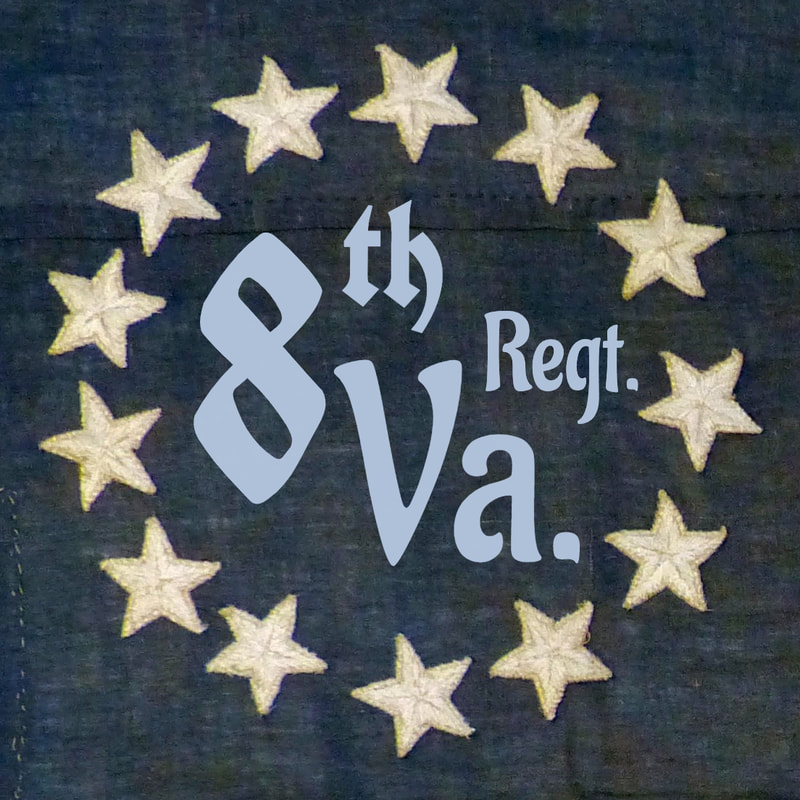The term "Scotch-Irish" was occasionally used during the Revolutionary period as an adjective, but first appeared as a noun in 1789. It became important to distinguish Protestant Irish from the Catholic Irish, who began to come to American in large numbers in the 1840s. Here's an interesting article on the difference between "Irish" and "Scotch-Irish" in American history and culture. I use the term "Scotch-Irish" and "Protestant Irish" and sometimes just "Irish" interchangeably. Occasionally, someone will tell me that the proper term is "Scots-Irish," even though that word first appeared in 1966. I've stuck to "Scotch-Irish" (or just "Irish") because it is correct for the period, traditional, and what I was taught to say as a child.
To be fair, though, "Scots" is technically older. It dates to the 14th century. It was a contraction of "Scottis," a local (northern) variant of "Scottish." It was revived in Britain in the mid-19th century in reaction to some nasty English vernacular. Even then, though, I suspect it was adapted as an adjective from the plural for "Scot," and therefore not a real continuation of the earlier term. "Scotch" is a contraction of "Scottish" and is plenty old itself, dating back as far as 1590. It is now distinctly American. If you go to the British Isles they will correct you if you refer to a person that way. But, then, they don't call their whiskey "Scotch," either. They call it "whisky." "You say 'tom-AH-to' and I say 'tom-AY-to.'" As an American blog about American history, "Scotch-Irish" seems like the right term here. (Revised, May 26, 2021 and May 21, 2024)
1 Comment
|
Gabriel Nevilleis researching the history of the Revolutionary War's 8th Virginia Regiment. Its ten companies formed near the frontier, from the Cumberland Gap to Pittsburgh. Categories
All
Archives
June 2024
© 2015-2022 Gabriel Neville
|


 RSS Feed
RSS Feed